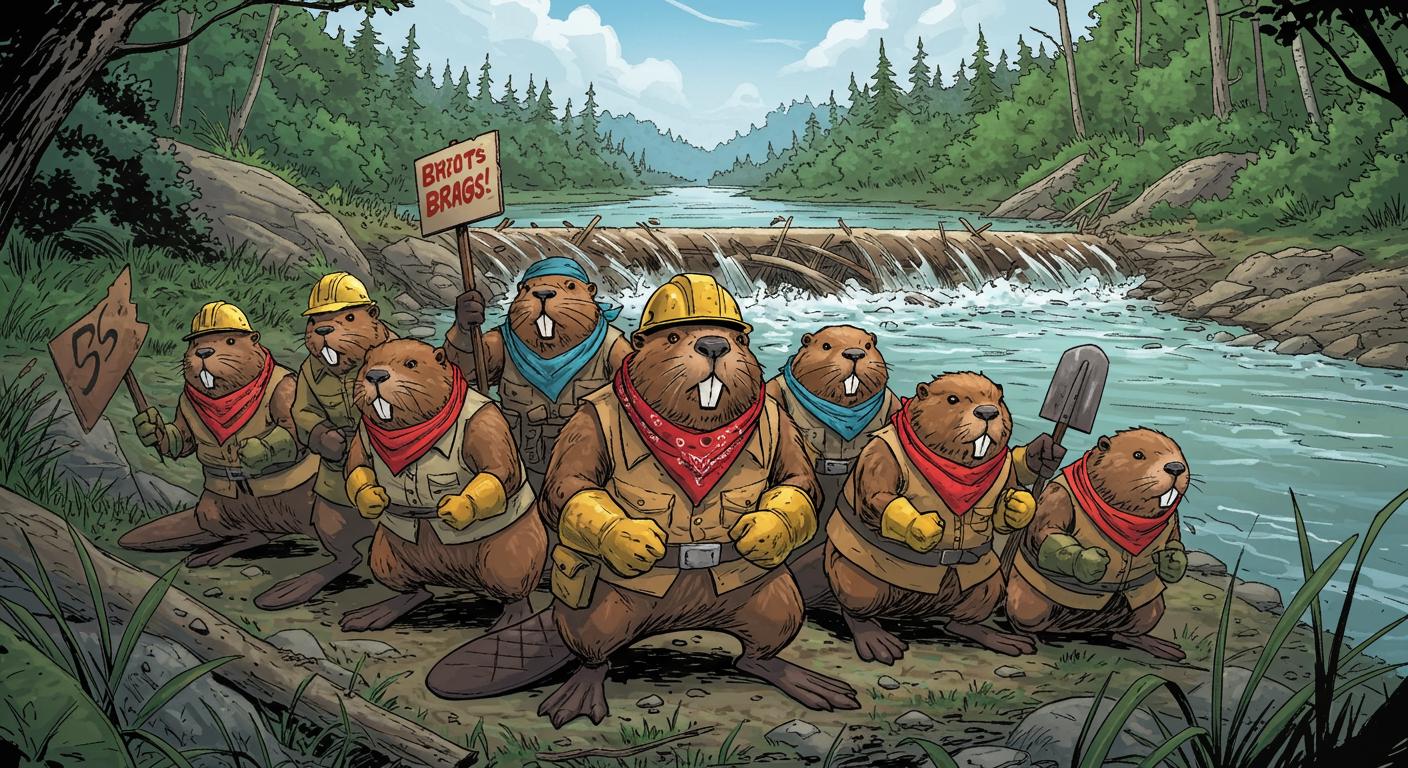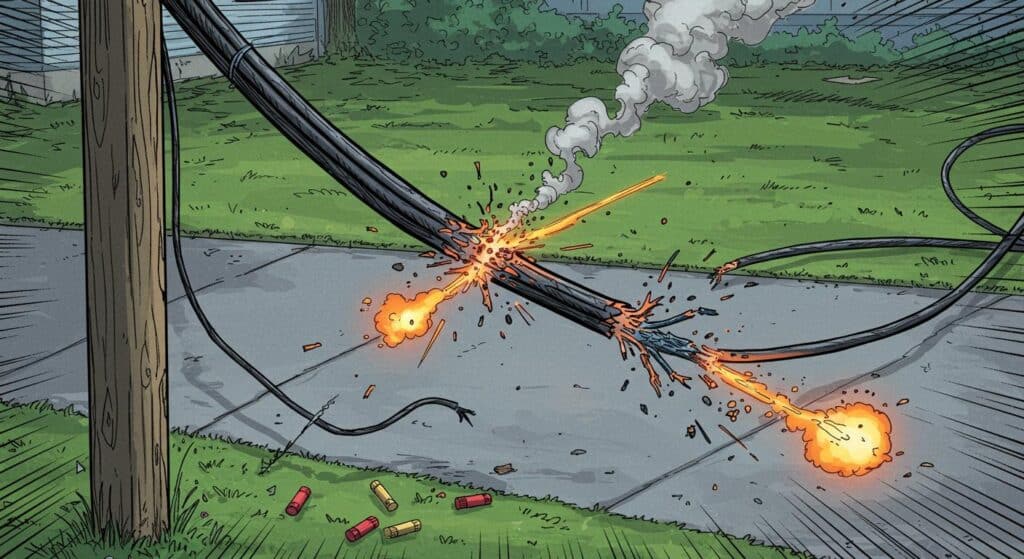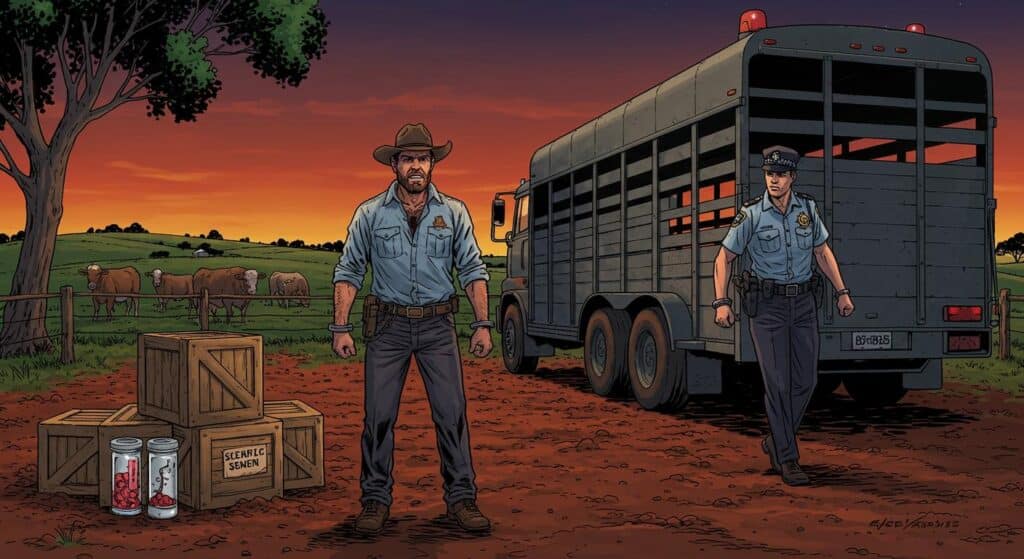It’s not every day you hear a self-described guerrilla animal activist describe releasing a semiaquatic rodent as “God’s work”—but if there’s a patron saint of busy tails and charismatic dam engineering, Ben, the pseudonymous beaver liberator, might be gunning for canonization. Details from a recent BBC report reveal that the UK’s covert “beaver underground” is shuttling unlicensed animals to new homes under the cover of darkness, undeterred by threats of arrest—and increasingly, by what some describe as divine conviction.
The Gospel of the Boot-Trunk Beaver Drop
Ben and his associates orchestrate their work with all the intrigue of a heist film. In a scene emphasized by the BBC, members of this underground network quietly open their car boots, release beavers into the wild, and vanish before anyone can question why a crate is squirming near a riverbank at midnight. Their logic is baldly pragmatic: official channels for reintroducing beavers are mired in bureaucracy. As described in the BBC’s investigation, Ben refers to the legal process as “too bureaucratic” and claims the animals are “instantly much happier in the water” upon release.
Secrecy permeates every stage, with Ben explaining, “You don’t want to be caught with a box of beavers in the boot so you have to be quite quick.” The BBC also notes that the activists favor plausible deniability—no one knows where the animals come from, and everyone seems happier that way.
For Ben, centuries of environmental damage to Britain’s waterways demand penance, and clandestine beaver drop-offs are a sort of ecological atonement: “It feels like they’re back in their proper place,” he told the BBC, framing the mission as righteous (if technically illegal).
The Dam Problem of Illegal Animal Makeovers
Concerns about these unsanctioned introductions are not hard to find. As the BBC outlines, Poppy Sherborne of the National Farmers Union (NFU) describes these actions as “irresponsible” and “really worrying.” The NFU worries not just about the law, but about the practical troubles: increased risk of flooding, trees gnawed down to stumps, and unexpected damage to agricultural land and crops. There’s a thorough licensing process for a reason, Sherborne told the BBC—one activists are accused of dismissing too easily.
Potential unintended consequences extend further still. In a detail highlighted by the BBC, Det Insp Mark Harrison of the National Wildlife Crime Unit points out risks such as introducing disease or parasites, or animal welfare concerns that DIY rewilders may overlook. Despite loving nature himself, Harrison insists, “it has to be done properly.” The covert nature of these releases, he adds, makes enforcement difficult: “We’ve got no evidence … beavers could be on site for long periods before they were spotted.”
Curiously, some of these clandestine projects appear—at least on the surface—to work. Earlier in the report, the BBC documents how a pair of unexpected beavers showed up at Helman Tor during formal application proceedings by the Cornwall Wildlife Trust. Beaver officer Lauren Jasper noted the dramatic transformation: dams slowing the flow, wetland creation, and wildlife booming in their wake. As the outlet also notes, this accidental success doesn’t change the Trust’s official stance: they don’t support illegal releases.
Faith, Fervor, and Fur: A Very British Rewilding Drama
Much of the energy animating this movement stems from both historical context and current red tape. The BBC recounts how Britain’s native beavers were hunted to extinction around 400 years ago, largely for fur, meat, and castoreum—a historical footnote that sounds like something from an apothecary’s shopping list. Modern regulations have their own quirks: for decades, the Wildlife and Countryside Act 1981 only permitted releases with a license, a process burdened with what conservationist Derek Gow calls “complex and medieval rules.” The outlet details the current system, under which a 2025 licensing regime overseen by Natural England now governs legal introductions, with about 50 expressions of interest under consideration.
Nonetheless, the BBC’s reporting underlines that wildlife activism here walks a strange line between faith and frustration. Ben asserts that the nation’s climate and biodiversity crisis is urgent enough to justify breaking protocol, calling efforts to introduce beavers “yet another bureaucratic exercise” that isn’t good enough “for the people of this country.”
Official and unofficial beaver populations continue to proliferate, despite the paperwork. Citing Natural England, the BBC estimates upwards of 600 wild beavers in England, mostly through unlicensed releases or escapes, while the Beaver Trust offers a higher “educated estimate” of 1,000 in England alone, with the wider UK population reaching around 3,500. In 2022, Eurasian beavers were recognised as a protected species in England, making it illegal to capture, kill, injure, or disturb them. For now, only licensed applications (with demonstrated benefits and minimized risks) are legal, and unauthorized releases remain a crime, as detailed throughout the BBC report.
So… Who Gets to Play Noah?
This latest episode in British animal activism is marked by a surprising religious undertone. Ben’s claim of “God’s work” invites a question: Must environmental restoration always tip toward the evangelical, or does a dose of outlaw chutzpah occasionally spur institutions into genuine action? Are the rigorous forms championed by Natural England a necessity, or simply another way of slowing inevitable change—as Derek Gow wryly suggested to the BBC, “What they are trying to do is shut the stable door long after the horse…has crossed the mountain range to emerge free on the other side”?
Maybe, as Det Insp Harrison commented to the BBC, the real source of friction is less about people versus animals, and more about the messier art of people learning to live with each other’s visions for the landscape. Can the paperwork ever catch up with the pawprints, or is guerrilla rewilding destined to thrive on the margins forever?
For now, one thing is certain: in this uniquely British rewilding drama, nothing puts the “divine” in biodiversity quite like a bootleg box of beavers vanishing down a country lane—whether or not a higher power is supervising the getaway.







